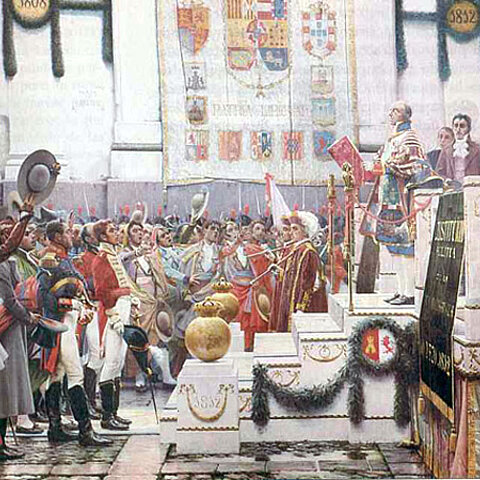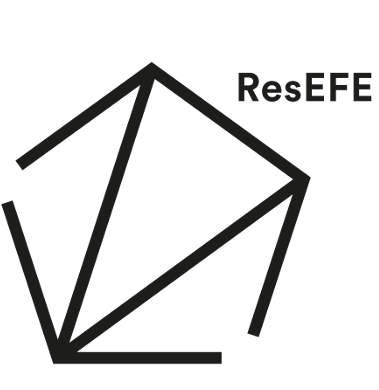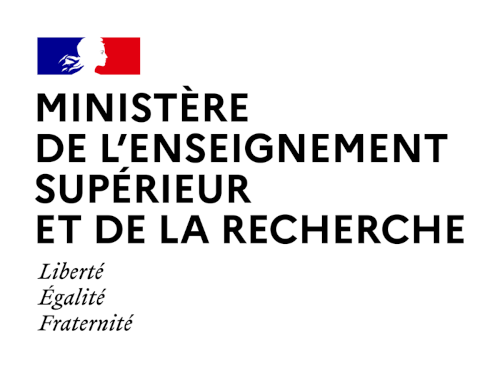Coord.: Joanna INNES, Mark PHILP
Org.: École des hautes études hispaniques et ibériques (Casa de Velázquez, Madrid), Programme Leverhulme
Celebration place
Casa de Velázquez
C/ de Paul Guinard, 3
28040 Madrid
Presentation
In what sense was democracy re-imagined in this period? In the middle of the eighteenth century, ‘democracy’ was a concept familiar chiefly to the educated, referring primarily to the ancient world, Greece and Rome. By the middle of the nineteenth century, it had been ‘re-imagined’ as an important category for understanding the modern world. We are interested in how people at the time used the term: negatively as well as positively, and to describe and interpret a variety of phenomena, social and cultural as well as institutional. We do not suggest that the term was central to political discourse at any point: only that tracing its uses provides an interesting perspective on change. We aim to illuminate changes in practice as well as in thought: people talked about democracy at this time not as an academic exercise but rather in an effort to understand and shape things that were happening in the world around them, as society and politics developed in unforeseen ways, and posed challenges to which past experience provided no easy answers.
Why the Mediterranean? We have previously held workshops exploring developments in the United States, France, Britain and Ireland, and will be publishing a collection of essays on developments in the North Atlantic region in 2013. In working on this phase of our project, we came to think that modern notions of democracy were not invented in one place and then exported elsewhere. Rather, in each region of the European world, people went through their own process of re-imagining democracy, in the light of local traditions and experiences. Our hypothesis is that certain contexts for this process were common across Spain, Portugal, Italy and Greece, making southern Europe a coherent focus for study, though of course there were important differences too. One common notion at the time was that the region was backward, needing to catch up with (and then perhaps outrank) northern European powers, especially Britain and France. That ambition was complicated, though, by the fact that Britain, France and other powers (the Habsburg, Russian and Ottoman empires) all had their own interests and wielded influence in the region, sometimes directly subordinating local regimes. Politically, this was a period of flux and turmoil across southern Europe: especially in the 1820s and 1850-60s, this seemed the most fluid European region, a region whose shape and future were especially hard to predict. There was a sense of common project among local liberal and radical reformers: exiles and volunteers were among those who criss-crossed the region, sharing experiences and aspirations. Political and cultural traditions, and social circumstances however also varied.
Languages of discussion: English and French
Program
MONDAY 11th MARCH
10h30-14h
INTRODUCTION TO THE PROJECT
Joanna Innes, Mark Philp, Maurizio Isabella and Eduardo Posada Carbo will briefly present both the larger project and this Mediterranean phase. They will explain why they want to set Spain in ‘Mediterranean’ context, their sense of the advantages and limitations of doing this. They will also explain what they hope to achieve during 2012-15, when they will be developing the project by holding a series of workshops in Portugal, Italy and Greece – and also Paris, Oxford and New York
DEMOCRACY: LANGUAGUE AND CONCEPTS
Historians have applied the terms ‘democracy’ and ‘democrat’ to the past in their own ways and for their own purposes. We want to get behind historians’ usages and develop an understanding of how contemporaries used the term and its cognates. Who talked about ‘democracy’ and its cognates in Italy at this time? To refer to what? What did it connote? To what extent was it used to talk about institutions, or about political culture, or about social phenomena? How was usage affected by the word’s classical inheritance and connotations, to what extent by the French revolution or other modern developments? Who called whom a democrat? Who positively identified with the cause of democracy – and why? In what social milieux was the term used – did it have any popular currency? Within what larger semantic field did it operate? How did patterns of use vary by region and change over time?
NATIONAL EXPERIENCE AND HISTORIOGRAPHY
When between the mid eighteenth and mid nineteenth centuries people talked about democracy, often they were commenting on, trying to understand or perhaps to shape what they saw happening in the world around them. Given the contexts in which we think the word operated, what contexts – political, cultural, social – do we need to explore further: what contexts will illuminate, and what might be illuminated by an enquiry into patterns in talk about democracy? What has been the shape of the historiography in the past century? What work is likely to be most useful for our purposes? Where are the major gaps in knowledge? Could they in principle be filled – what source problems might make it difficult to pursue certain lines of enquiry?
15h-18h
SPAIN AND THE MEDITERRANEAN
In what ways might it be illuminating and fruitful to set Spanish experience in broader Mediterranean context? What experiences did southern European states share during this period? What intellectual and cultural traditions were common? What forms of interchange existed? How did southern European states relate to the other parts of the Mediterranean region – islands, some in British possession; the Ottoman Empire, North Africa? What role did northern powers play– as states, cultures, sites of exile? How were the southern experiences viewed in London, Paris, Vienna?
FORWARD PLANNING
Participants will be invited to indicate if they have an interest in attending future meetings, in Spain or elsewhere, during the remainder of the project – and also to suggest names of other scholars whom we should seek to involve. It is intended to hold further, more formal workshops in Madrid during 2013-14 and 2014-15, the first probably further exploring Italian experience, the second having a more thematic focus. We will also be organising various workshops in Lisbon, Pisa, Athens – and also in Paris and Oxford. We would like to identify possible participants in these various events.
Participants
José ÁLVAREZ JUNCO
Universidad Complutense de Madrid
Gonzalo BUTRÓN PRIDA
Universidad de Cádiz
María Teresa CALDERÓN
Universidad Nacional de Colombia
Gonzalo CAPELLÁN
Universidad de La Rioja
Rosie DOYLE
University of London
Timothy GRIBAUDI
Oxford University
Carmen DE LA GUARDIA
Universidad Autónoma de Madrid
Joanna INNES
Oxford University
Annick LEMPÉRIÈRE
Université Paris I Panthéon-Sorbonne
Marta LORENTE
Universidad Autónoma de Madrid
Carlos MALAMUD
Universidad Nacional de Educación a Distancia
Stéphane MICHONNEAU
École des hautes études hispaniques et ibériques (Casa de Velázquez, Madrid)
Juan PAN MONTOJO
Universidad Autónoma de Madrid
Diego PALACIOS CEREZALES
Universidad Complutense de Madrid
María Antonia PEÑA
Universidad de Huelva
Florencia PEYROU
Universidad Autónoma de Madrid
Mark PHILP
Oxford University
Eduardo POSADA CARBÓ
Oxford University
Juan PRO
Universidad Autónoma de Madrid
Jordi ROCA VERNET
Universitat Rovira i Virgili
Pedro RÚJULA
Universidad de Zaragoza
Pablo SÁNCHEZ LEÓN
Universidad del País Vasco / Euskal Herriko Unibertsitatea
Romy SANCHEZ
École des hautes études hispaniques et ibériques (Casa de Velázquez, Madrid)
María SIERRA
Universidad de Sevilla
Juan Luis SIMAL
Universität Potsdam
Louise ZBIRANSKI
Ludwig-Maximilians Universität (München)
Rafael ZURITA
Universidad de Alicante


















